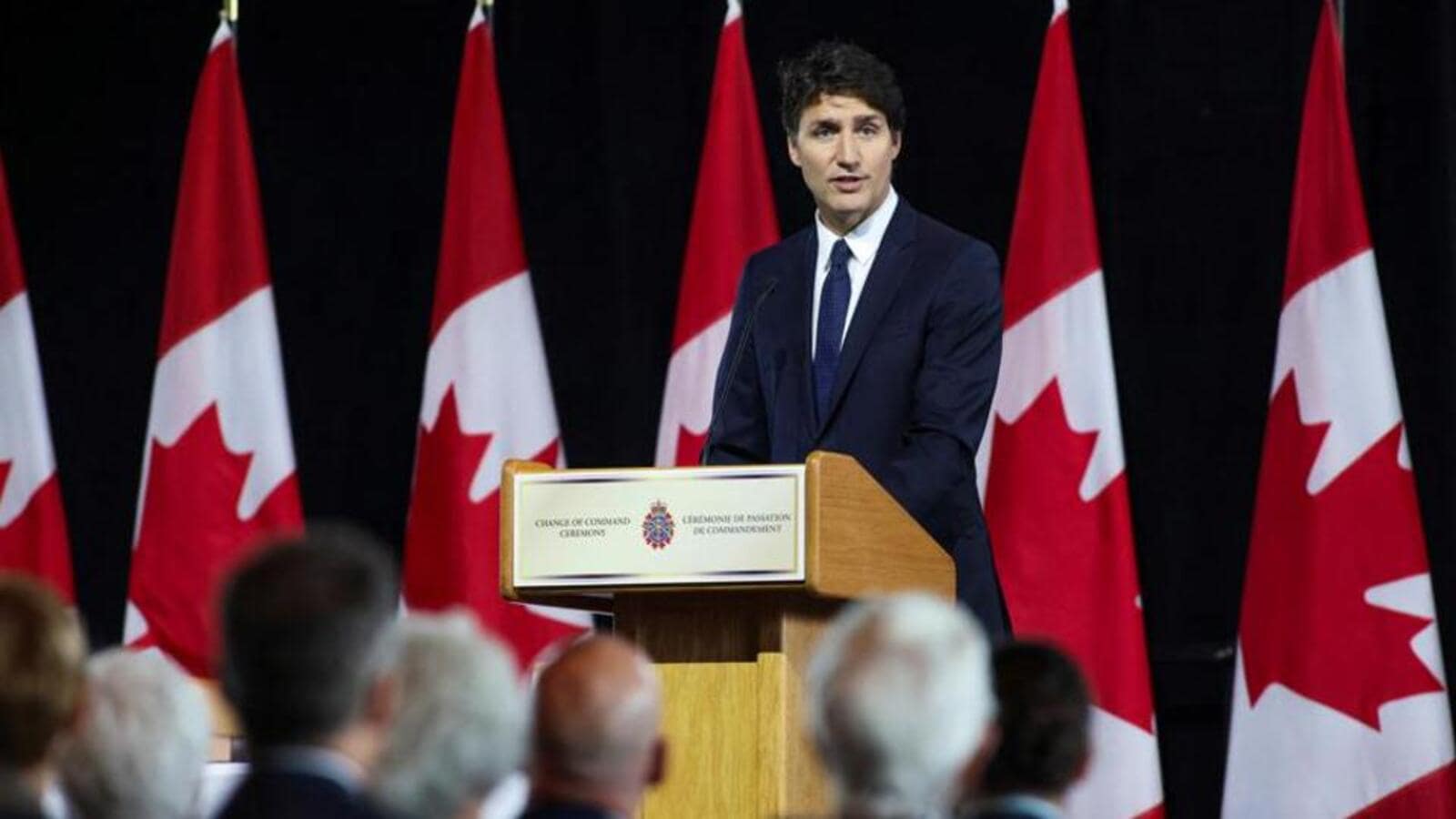Horoscope
India irked by action by Canadian authorities over online threats to Trudeau

Action by Canadian authorities against two men for online threats against Prime Minister Justin Trudeau, especially after their failure to act against Khalistani elements targeting Indian diplomats in a similar manner, has led the Indian government to conclude that Ottawa has adopted double standards.
The action by the Integrated National Security Enforcement Team (INSET) of the Royal Canadian Mounted Police (RCMP) comes at a time when the Indian side has repeatedly taken up threats by Khalistani leaders and groups against Indian diplomats and political leaders in online posts and banners and posters at public events, only to be told that such matters are covered by Canadian regulations related to freedom of expression.
According to a statement issued by RCMP on Monday, a 67-year-old man from Edmonton is facing three charges under Canada’s Criminal Code for allegedly posting threats on YouTube to kill Trudeau, deputy prime minister Chrystia Freeland and New Democratic Party leader Jagmeet Singh. These threats were reported to INSET on June 7 and the man was charged on June 13.
Also Read: Two arrested for online death threats against Trudeau
In a separate case, a 23-year-old man from Calgary was charged on June 6 for allegedly posting threats to kill Trudeau on X. Both men were scheduled to appear in separate courts this week.
People familiar with the matter said on condition of anonymity that Canada’s “hypocrisy” regarding freedom of speech had been exposed with two social media users being charged by the Trudeau government for threats against Canadian political leaders.
“We have witnessed Canadian authorities turning deaf ears dozens of times over the last few years to the glorification and celebration of violence against Indian diplomats and political leaders,” said an Indian government official who declined to be named.
Photographs of the Indian prime minister, external affairs minister, high commissioner and consuls general have been displayed by Khalistani elements on posters across Canada, along with violent slogans and imagery, the people said.
In this context, one of the people referred to floats at several events organised by pro-Khalistan groups that depicted the 1984 assassination of former prime minister Indira Gandhi and described them as “especially grotesque”.
“In recent Nagar Kirtans, open threats along with the display of posters depicting knives and guns have been normalised by the Canadian side under the garb of freedom of speech,” the government official said.
“The Canadian side has consistently hidden behind freedom of speech laws. We are unable to understand what laws prevent them from acting against radicals openly calling for killing Indian political leaders and diplomats,” he said.
The people said this same attitude of inaction is also visible in how Canadian authorities reacted to the vandalisation of several temples, including a recent event involving a temple in Edmonton. The Canadian authorities had not taken any investigation into such acts of vandalism to their conclusion, the people said.
“This permissive attitude to violent methods to achieve political objectives will ultimately harm Canada,” the official added.
India-Canada relations cratered in September last year when Trudeau alleged in Parliament that Indian government agents were linked to the killing of Khalistani activist Hardeep Singh Nijjar.
India dismissed the accusation as “absurd” and has maintained that Canadian authorities haven’t provided any evidence to back up their claim.
However, the security agencies of India and Canada initiated discreet efforts since late last year to get relations back towards an even keel.
David Vigneault, the director of the Canadian Security Intelligence Service (CSIS), made two unannounced visits to India in the first quarter of 2024 to meet Indian officials to discuss the killing of Nijjar, who was declared a terrorist by New Delhi in 2020.










